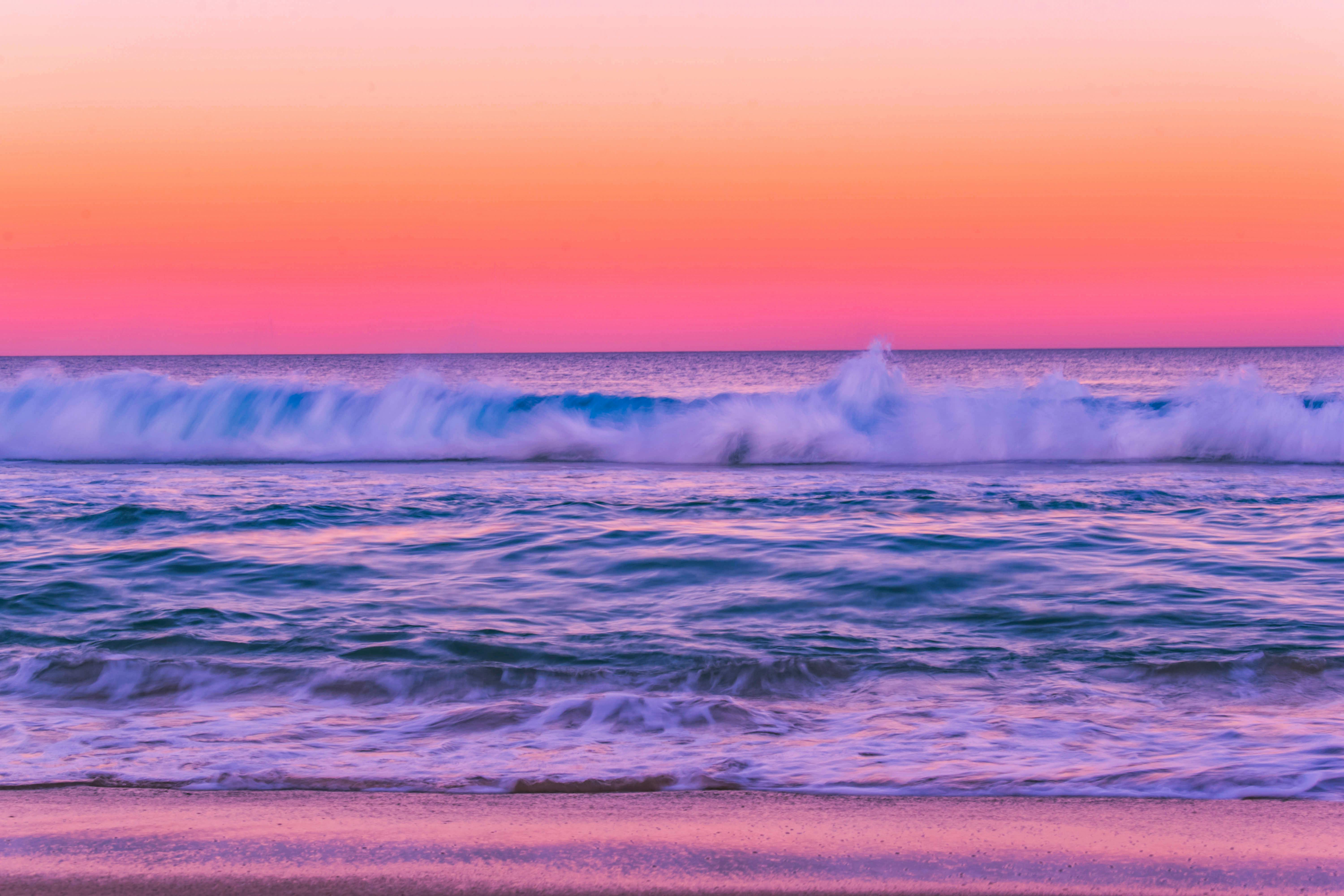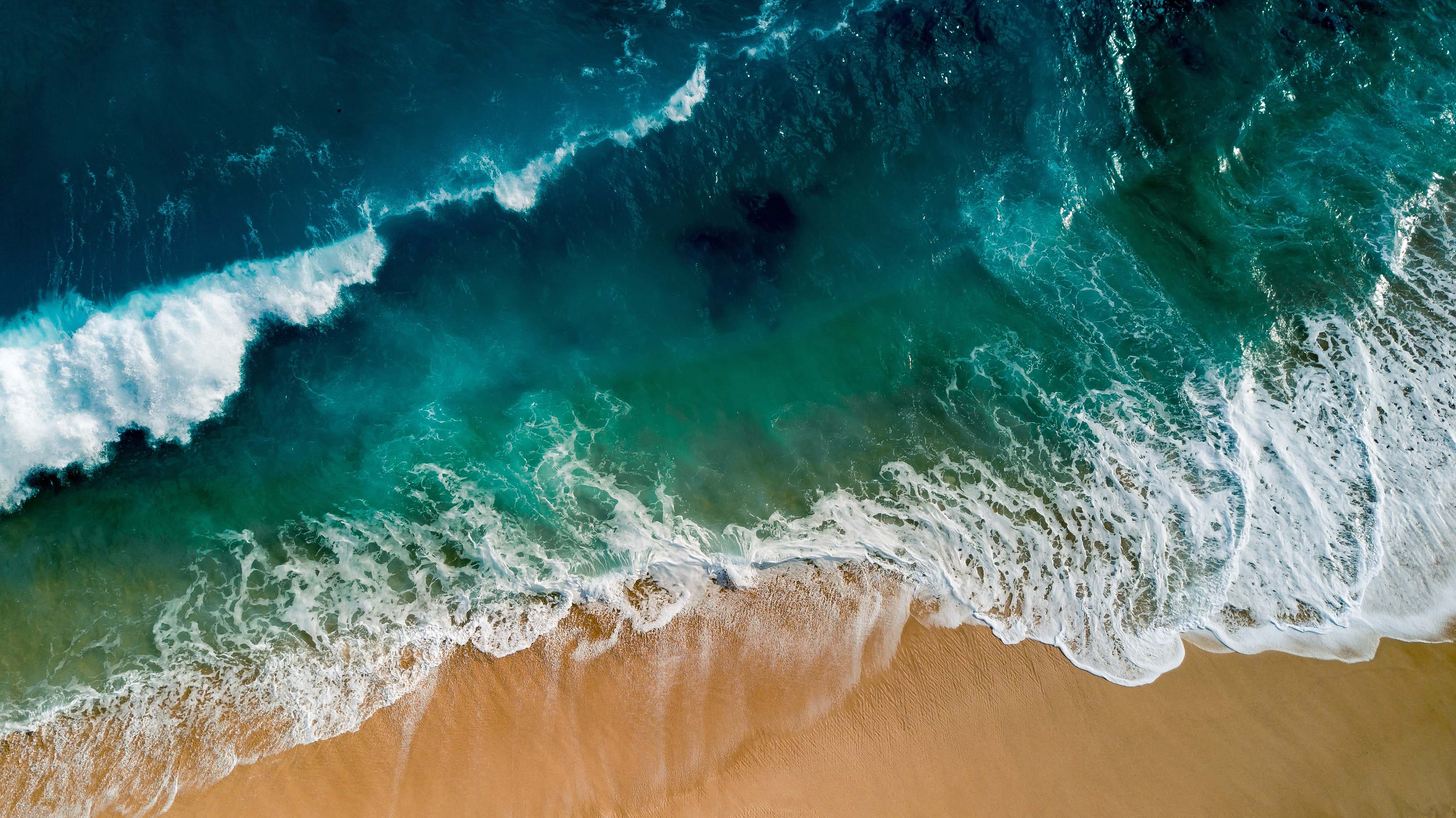

These days, however, as Ghibli has downshifted towards dormancy and largely abandoned Western audiences to the likes of “Sing” and “Cars 3,” it’s easier than ever to appreciate the delicate beauty of the studio’s work, and lament how there may not be much more of it to come. 'The Last of Us' Sets Early 2023 Release at HBO: Here's Everything You Need to Knowģ5 Disturbing Foreign Films to Watch, from Gaspar Noé to Takashi Miike

'You Resemble Me' Review: Dina Amer's Debut Unpacks the Story of 'Europe's First Female Suicide Bomber'
#OCEAN WAVES MOVIE#
'Next Exit' Review: Afterlife Road Trip Movie Has More to Say About This Life Than the Next One In both scale and subject, it cleaves closer to the delicate wistfulness of a Haruki Murakami novel - one of his earlier, more earthbound books - than it does the enchanted wistfulness of “My Neighbor Totoro” or the crushing melodrama of “Grave of the Fireflies.” Although it was broadcast before Ghibli had fully solidified its standing as the Disney of the East, a breezy slice-of-life story already seemed like an anomaly for the animation giant. The first Ghibli film that wasn’t directed by either Hayao Miyazaki or Isao Takahata, “Ocean Waves” is glaringly absent the former’s flair for fantasy or the latter’s gift for minimalist heartbreak. Since then, the sentimental high school drama has existed just outside the Ghibli legend, more of a curiosity than part of the canon, unseen to all but the studio’s most dedicated completists. In spite of those simple aspirations, the project came in late and over budget, eventually airing on local television in 1993 and failing to make much of a splash. The most modest and least celebrated of the films produced by Japan’s peerless Studio Ghibli, “Ocean Waves” was conceived as an opportunity for the company’s younger talent to make something on the cheap.


 0 kommentar(er)
0 kommentar(er)
